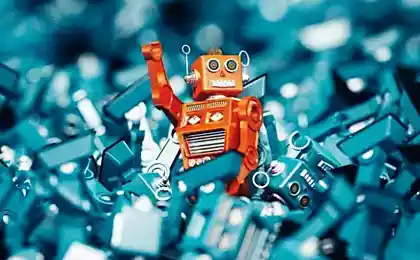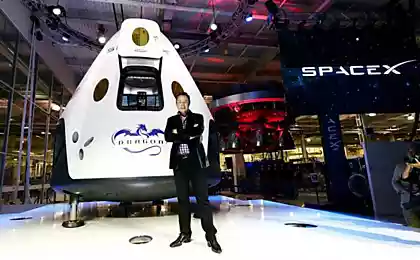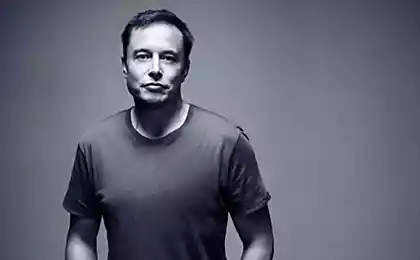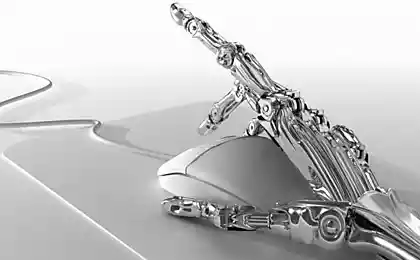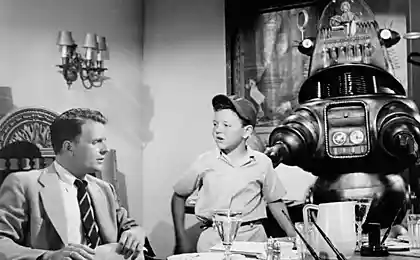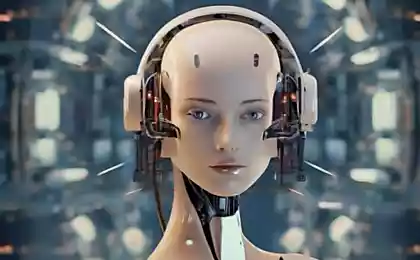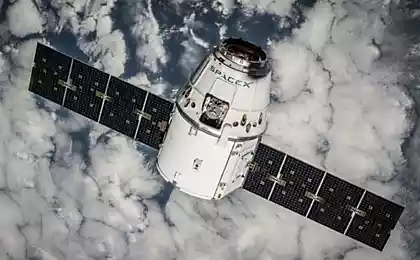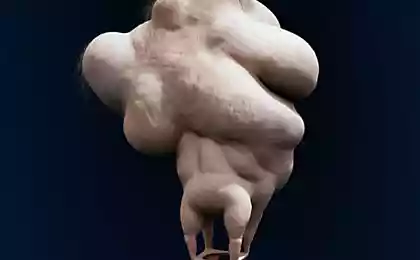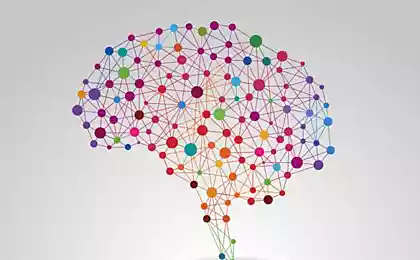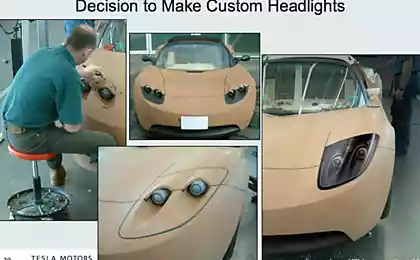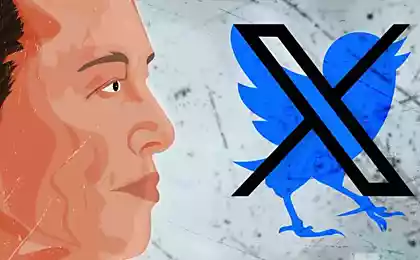538
What Elon Musk was wrong about artificial intelligence
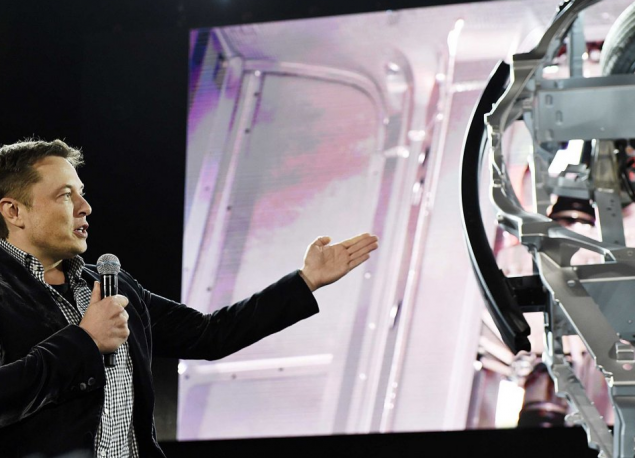
Since the film "metropolis" in 1927 introduced viewers to the first cinematic evil robot (female with), the company has responded to the combined advent of the ideas of artificial intelligence, robots and other intelligent systems with a mixture of surprise and pure horror. Computer scientists are working to bring these fears to nothing by the introduction of "morality" in machines or friendly artificial intelligence.
However, the main drawback of these efforts is that they recognize that the problem lies in this technology — and not in our emotional reaction to it. Adapting to complexity "second machine age" requires to understand our fear, not succumb to it. Unfortunately, our own tendency to indulge in inflated fears rumors can undermine our own autonomy in a world that in large measure will be determined by Autonomous machines.
Tesla CEO and famous innovator Elon Musk has repeatedly warned about the threats of artificial intelligence. In June, in an interview with CNBC, he said that invested in the research of artificial intelligence only because "he wants to follow closely what is happening with him." He sees AI's greatest threat. Terminator or worse.
In August, he wrote that "we need to be ultra-cautious with artificial intelligence. Its potential is more dangerous than nuclear missiles." At a recent MIT Symposium, Musk dubbed AI an "existential threat" to the human race and a "demon" that foolish scientists and technologists are "trying to encourage".
Musk likened the idea that we will be able to control this power, with the "guy with the pentagram and Holy water", which I am sure that will curb a supernatural force — until it devours him. The Mask implies that the solution to this problem lies in sober and considered collaboration between scientists and policy makers. However, it is unclear how the arguments about the "demons" to help his noble goal. In fact, they only hinder it.
To begin, we note that in a scenario Skynet huge gaping holes. Although scientists do not believe that Musk is "completely crazy", they are still very far from the world where it is a possible scenario for the emergence of such artificial intelligence.
Ian Lecun, head of the laboratory of artificial intelligence Facebook, summarized the hype of 2013:
"Hype is dangerous to AI. The hype killed artificial intelligence four times in the last fifty years. The hype needs to stop. Forget about the terminator. We need to carefully weigh what we are talking about AI. In fact, our most "intelligent" AI for the development of the equivalent baby. The majority of enthusiasts are still trying to teach the robot to pick up the ball or run without falling, and not putting the finishing touches in Skynet".
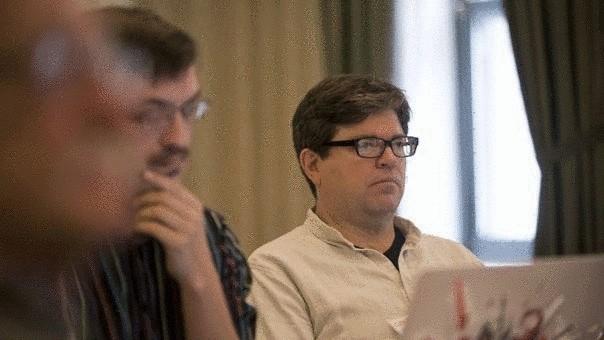
Lecun and others are right about the effects of hype. The mismatch of expectations that grew on the background of science fiction, as a rule, often led to severe cuts in research funding in the field of AI. But this is not the only risk which may be caused by the reasoning of the Mask of the supernatural (not artificial) intelligence.
A specialist in the laws and policies of technology Adam Tyrer has developed a theory that he calls "technopanic" — a moral panic on the background of vague, looming technological threat driven by irrational and prone to exaggeration crowd, but not a real threat assessment. For example, instead of the quality discussions of cyber security issues by the American media trumpeting the "cyber pearl Harbor", which destroys the information infrastructure of America. Note that the problem of cyber security is gaining momentum in the United States.
No one takes to mind that the destructive impact of Skynet was bloated. Nobody cares about the more mundane, but equally serious questions about the bugs that exist in software with open source code like OpenSSL and UNIX Bash.
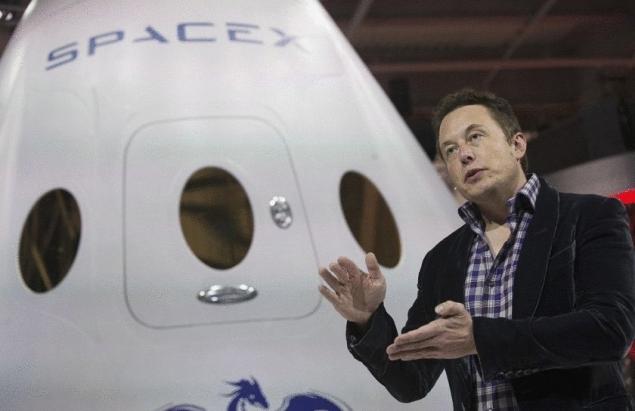
Tyrer diagnoses six factors that drive technopanics: the difference between generations that causes a fear of the new; "hyperesthesia" for illusory good old days; an economic incentive for the media on the basis of speculating rumors; moral and cultural debates about new technologies; the elitist and dismissive attitudes among academic skeptics and critics of culture of new technologies and tools approved by the mass audience. All these aspects represent a perfectly reasonable explanation, but there is also a seventh factor: the psychological consequences of the dependence of man on complex technologies in almost every field of modern life.
According to technoecology, we are dependent on technologies that they themselves can not understand or control. We have to trust that these systems and sub-systems on which we depend, and the experts who support them, work as claimed. Passengers can have a vague idea about the physics of flight, but not the formulas that are used to calculate the mechanics of the hold of the aircraft in the air.
Moreover, none of the engineer from design team does not have full knowledge of each component. Complex, but critically important technologies like aircraft always alien and mysterious to us. Unlike Star trek, for many users, their iPhone and iPad represent a "brave new world".
In this light, the famous Arthur C. Clarke quote about what advanced technology "indistinguishable from magic", explains why Musk has turned to the occult imagery is more typical of some Buffy who were killing vampires than Stuart Russell and Peter Norvig. Modern technology for us is a kind of black magic, shrouded in mystery; in our time, the wizards use C++ and Java instead of pentagrams and Holy water.
The rhetoric of the Mask is not harmless. Fear of drones has led to draconian restrictions on the activities of non-governmental drones and of other similar aeronautical facilities; such decisions stifle innovation. As noted technosocial Sean Lawson, the Federal aviation administration did not allow volunteers to use drones to search for missing people and even cursed the news Agency, which published the footage, shot using an unmanned drone.
Although Musk is hoping that his fear will be forced to move by international and local bodies, it is hard to imagine that it will only lead to razgildyayski restrictions such as those mentioned by Lawson. The most serious negative impact from the terrible rumors on the subject of AI lies not in the regulatory sphere. It may well reinforce and worsen the average person to new technologies and dependence on them.
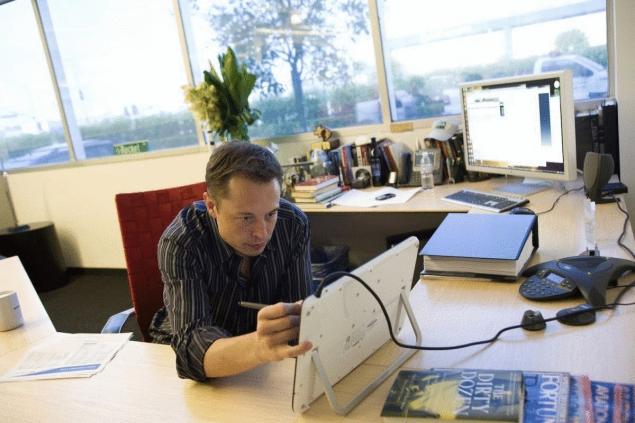
At best computer technology will be a necessary chore for many users. In the worst — computer technology will be to cause confusion and alienation, sometimes require the intervention of technicians with secret knowledge.
Technopanic does not create a gap between the masses, far from Linux, and a group of Amateur pick - — but it certainly worsens. When public figures like Mask characterize new technology, mysterious, panic and metaphorical terms, they derail superstition and ignorance the same science, which has a Tesla.
Instead, to help users to adapt and even to prepare them for the fact that the robot is in a white collar can join them at the workplace, Musk inspires fear and despise what we do not understand. Come on, guys, grab forks, go to the demon in the tower. The tragedy of the growing technopanic around AI in that one day it can reduce a person's importance in the world, which will be controlled by machines. We know that the development of AI has fundamentally changed all areas of our lives, from romantic relationships to national security.
Perhaps it is not so, because the AI, unfortunately, was not able to meet our expectations. But would it be in the public interest — through the vision of the demons, wizards and warlocks — increase the gap between the technologists that make self-driving cars, and the rest — who will ride them?
The debate around AI and public policy often try to describe exactly what is machine autonomy, but you don't need to be seven spans in a forehead to understand what it means to be an Autonomous person interacting with the machine. This understanding (at least on some level) and our ability to make confident decisions that are fundamental to our everyday use of technology. If the users take on more responsibility and tried to understand the technologies, they would not need to contact the service centers or any Genius Bar. Musk is right that AI cannot be left to pure programmers. But the concern that the AI might turn into Skynet, only lead to a "digital divide" between those who understand technology and those who are not familiar with.
If the Musk will redirect their energies and help us all to understand and control intelligent systems, he will bring the day when the technological future is all well understood and important for all. In the end, the AI for the masses will not be Mars colonization or the Hyperloop. He will be much more social and useful to society — to go to meet him is more important than to prevent its development and to move away from him.
Source: hi-news.ru
Paint the new Mercedes concept converts the energy of sun and wind
The 10 commandments of a real man from Patrick Swayze

